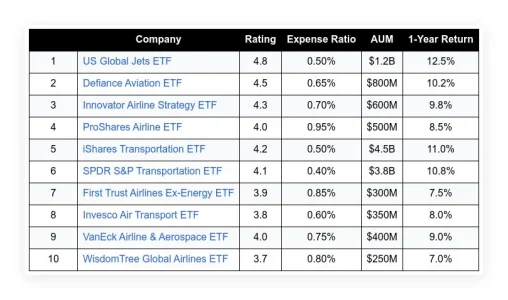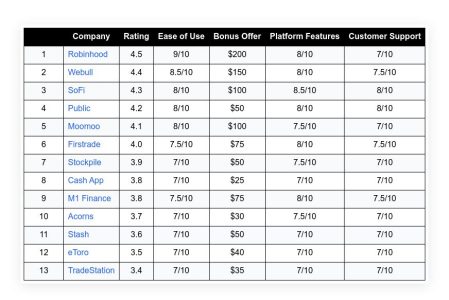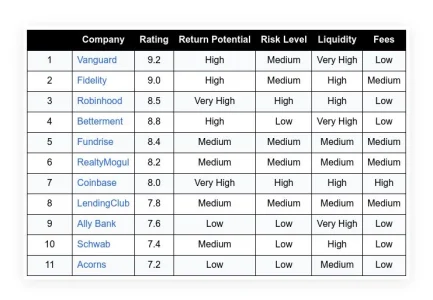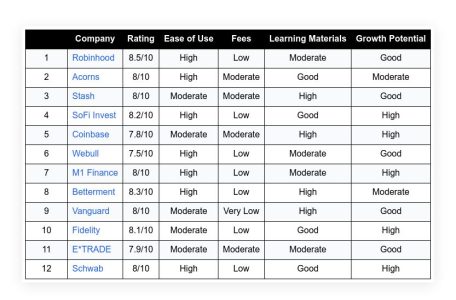Table of Contents
ToggleWhy Timing Matters in Claiming Benefits
The decision to claim Social Security early is not made lightly. The main factor is whether immediate funds are needed. I have observed that if one does not require money immediately, it may be wiser to delay claiming it. However, my detailed calculations suggest that taking Social Security at 62 is generally advisable for most individuals. This strategy provides the opportunity to invest extra funds and benefit from compound growth.
This approach is supported by clear mathematics. For example, I determined that waiting does not pay off, even in scenarios of extended longevity. The investment returns on the cash received early outweigh the increases offered by delayed claiming.
View this post on Instagram
The Math Behind the Decision
The analysis started with two benchmark amounts. At age 62, Social Security provides a monthly benefit of $2,860. If you wait until full retirement age, the monthly benefit rises to $4,073. While waiting might seem attractive due to the higher monthly check, the opportunity cost of invested funds tells another story.
I ran a simple scenario using a modest 7% annual return. At age 77, the average life expectancy in the United States, the early claim option grew investments to yield approximately $167,000 more. Even if one were to live to 110 years, the early claiming scenario would still remain ahead by nearly $14,000. Such clear math shows that waiting to receive higher monthly benefits does not offset the growth potential of investments made with early funds.
Investment Opportunities and Compounding Returns
The power of investing cannot be overstated. When funds are available early, they can be put to work. A 7% annual return, when compounded, makes a significant difference over time. The extra money you have each month can grow substantially when invested wisely.
This analysis is not about speculation. It is based on logical calculations that show growth potential. By taking Social Security at 62, you can harness the benefits of compound interest. These advantages continue to accumulate over the years. The exercise clearly demonstrates that you never reach a break-even point by delaying your benefits.
Let us list some key insights from this analysis:
- Immediate Investment Potential: Funds received early can be invested, leading to substantial growth.
- Clear Financial Gains: At age 77, early claiming may result in an extra $167,000 compared to waiting.
- Longevity Considerations: Even if one lives until 110, the early option remains financially favorable.
Real-Life Implications for Retirement Planning
For those planning their retirement, saving every dollar matters. Often, the decision between claiming early or waiting is seen strictly as a trade-off between monthly income amounts and accumulated benefits. My analysis shows that when investment potential is factored in, the scales tip in favor of early claiming.
It is essential to ask yourself: Do you really need the higher check now, or could you put the funds to use better? In my experience, many retirees find that funds received earlier can be strategically invested to yield better long-term outcomes. That extra monthly income turns into a significant asset later in life.
This is not a one-size-fits-all solution. Each individual’s retirement plan will differ based on their financial situation. However, if you fall into the category of not needing funds immediately, investing your Social Security check may offer much larger benefits over time. This simple exchange of liquidity for investment power should be considered seriously by anyone planning for retirement.
Understanding the Role of Compound Growth
Compound growth is one of the most powerful forces in finance. By receiving benefits earlier, you can start compounding your returns sooner. In my analysis, a 7% annual return compounded over several years creates a significant financial cushion. This cushion helps cover unexpected expenses later in life.
The idea is simple. Instead of waiting to accumulate higher monthly Social Security payments, one gains the benefit of having extra capital to invest early. Over time, even modest returns lead to substantial sums. This understanding is central to my choice and helps explain why I take Social Security at 62.
Contextualizing the Decision in Retirement Strategies
Throughout my career, I have seen many strategies for financing retirement. There are various approaches available. Yet, one key lesson remains consistent: money available now is money that can grow. The straightforward math, as shown, reinforces the idea that claiming early can be more beneficial if you can invest the funds wisely.
This perspective may challenge conventional advice that suggests delaying benefits to receive larger monthly checks. In many cases, the popular notion stems from a misinterpretation of the distinction between immediate and future income. My approach is based on the principle that investment returns play a crucial role, and waiting never fully recovers the advantages of early investment.
Personal experiences have highlighted that early access to funds offers flexibility. It allows one to adjust investments as life circumstances change. In many discussions with clients, this concept has proven persuasive. Adequate planning and realistic assessments of future needs are essential in retirement strategies.
Practical Takeaways for Future Retirees
For anyone planning to retire, consider your personal financial needs and goals. If you do not rely on immediate funds for day-to-day expenses, early claiming could be an effective strategy. The additional funds available for investment can yield better long-term results.
Review your overall financial plan carefully. Understand the role that Social Security plays in your retirement income—factor in the benefits of compound interest. By doing so, you can choose a timeline for benefits that aligns with your investment goals and risk tolerance.
Here are some practical recommendations based on my analysis:
- Examine your monthly expenses and financial needs before deciding when to claim benefits.
- Consider investing the funds if you do not need them for immediate expenses.
- Work with a financial advisor to tailor your retirement strategy to your specific situation.
Looking Ahead with a Strategic Mindset
The decision to claim Social Security early is more than just a financial calculation. It reflects a broader strategy for wealth management. When evaluated under realistic assumptions, early claiming likely offers a stronger investment opportunity. I have found that this method secures better long-term financial outcomes.
My goal is to offer clear and practical insights. These insights can help you make informed decisions that contribute to a comfortable retirement. It is crucial to assess your situation and consider how investment returns could impact your retirement funds. The numbers I presented make a compelling case for taking benefits at 62.
This analysis is based on years of experience in retirement planning. With this approach, you can potentially increase your wealth and safeguard your future. I encourage those planning their retirement to give serious thought to these numbers. Adopting the strategy of early claiming may offer benefits that extend well into later years.
Concluding Thoughts on Retirement Planning
The clear message is that taking Social Security at 62 can deliver advantages if you use the money to invest. Compounding returns show that this decision leads to greater wealth accumulation over time.
Each person’s situation is different. My analysis is based on a modest 7% growth assumption. This example provides a practical illustration of why the additional benefits of delayed claiming do not outweigh the advantages of investing early. For many who do not require immediate funds, early claiming means taking control of your financial future.
Retirement planning is about making informed choices. I urge every retiree or soon-to-be retiree to consider their personal needs, investment opportunities, and long-term goals. By doing so, you could make a decision that not only improves your financial standing but also provides peace of mind for the future.
Frequently Asked Questions
Q: Why choose to claim Social Security at 62?
Claiming at 62 allows you to receive benefits sooner. This early access offers the opportunity to invest and benefit from compound growth over time.
Q: How does investing improve the benefits of early claiming?
Investing the funds received at 62 can lead to higher returns because the money has more time to grow. Even modest gains can accumulate significantly over time.
Q: What should I consider before making this decision?
Evaluate your financial needs and living expenses to determine your budget. Consult with a financial advisor to ensure that claiming early aligns with your long-term retirement strategy.

















